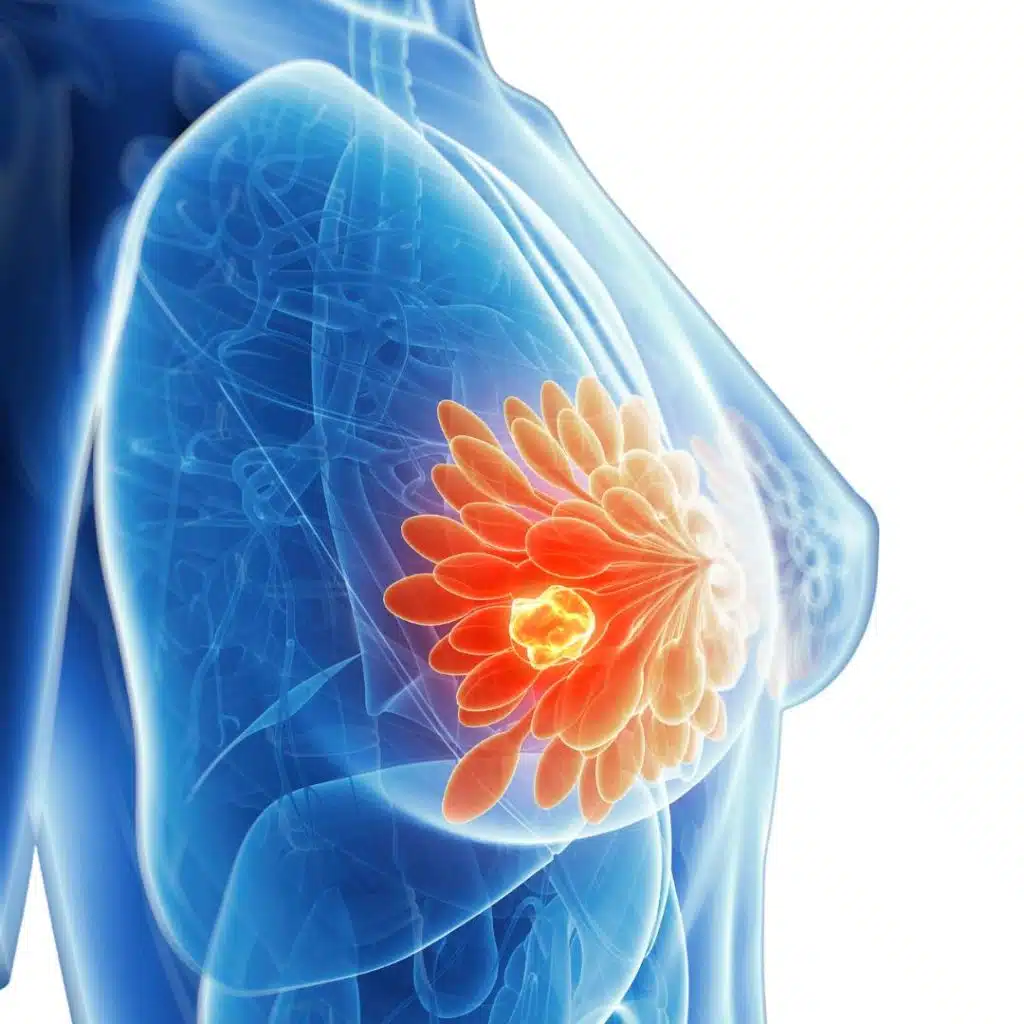Recurrance rates for Breast Cancer

Summary
Breast cancer recurrence occurs when cancer returns after a period of remission. Whether it’s 6 months or 6 years later, some cancer cells that remained dormant eventually multiply, leading to the reappearance of cancer. Recurrence can happen in the same location as the original cancer or in another part of the body.
Introduction
Being vigilant is essential. After breast cancer treatment, pay attention to any unusual symptoms. Inform your healthcare team about persistent symptoms or side effects. Regular follow-up appointments help detect signs of recurrence early. Your breast care nurse can guide you on what to look for in both the treated and untreated breast.
Factors That Influence Breast Cancer Recurrence Rates
The risk of recurrence varies based on several factors:
Stage: Earlier stages (0, I, II) have a higher chance of disease-free survival (up to 95% in the next 5 years) compared to later-stage breast cancer (stage III) with a lower disease-free survival rate (around 60%).
Tumor Biology: The biology of the tumor plays a crucial role. Non-invasive breast cancer (stage 0) has the lowest recurrence rate, while stage IV breast cancer (which makes up only 5% to 10% of cases) often recurs.
Treatment History: The type and timing of previous treatments impact recurrence risk.
Treatment Options for Recurrent Breast Cancer
Treatment for recurrent breast cancer may differ from the initial diagnosis. It depends on factors like cancer type, location, previous treatments, and overall health. Researchers continually discover new immunotherapies, allowing better management of recurrence.
Research suggests that:
About 40% of people diagnosed with early-stage triple-negative breast cancer are likely to have a recurrence.
Up to 50% of people diagnosed with inflammatory breast cancer may experience recurrence.
For breast cancer patients with a family history of cancer or a BRCA1 or BRCA2 gene mutation, the recurrence rate is higher.
The risk of finding new cancers, such as ovarian cancer, may also be higher.
Lifestyle Changes to Reduce Recurrence Risk
Certain lifestyle modifications can help reduce the risk of recurrence:
Healthy Diet: Focus on a balanced diet rich in fruits, vegetables, whole grains, and lean proteins.
Physical Activity: Regular exercise promotes overall health and may reduce recurrence risk.
Avoid Smoking and Limit Alcohol: These lifestyle choices impact cancer risk.
Stress Management: Coping strategies and emotional support play a role in overall well-being.
Conclusion
Coping with recurrence can be challenging. Seek emotional support, connect with other breast cancer survivors, and maintain hope. Empower yourself with knowledge about breast cancer and stay proactive in managing your health.
Remember, understanding recurrence and staying informed empower you to overcome breast cancer challenges. Feel free to consult the team for personalized advice and guidance. Stay vigilant, stay positive, and take charge of your health! 🌸
Sources:
https://www.medicalnewstoday.com/articles/breast-cancer-types-recurrence-rates
https://www.breastcancer.org/treatment/planning/risk-of-recurrence
https://www.macmillan.org.uk/cancer-information-and-support/breast-cancer/breast-cancer-recurrence
https://my.clevelandclinic.org/health/diseases/8328-breast-cancer-recurrence

